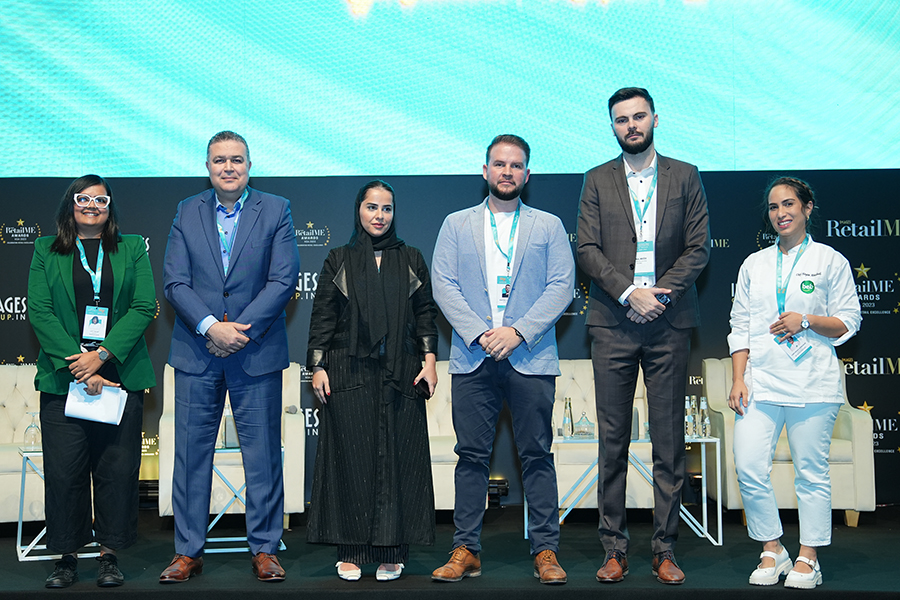
Culinary Playbook panel discussion at SRF 2023
How is the food service industry in the Kingdom of Saudi Arabia (KSA) skilfully surfing through choppy waters of digital engagement whilst anchoring in the cherished harbour of in-person dining?
In her opening remarks at Saudi Retail Forum 2023, session moderator Anurima Das, Executive Editor, IMAGES RetailME highlighted how innovation is the key, while thinking about the customers of tomorrow.
So, what does that process entail?
“True to our name, we launch something new every ninth of the month, so that itself requires a lot of innovation,” shared Abeer AlHashim, Co-founder of KSA-born ice-cream brand Nine Soft Serve. “In doing so, we always put ourselves in the customer’s shoe, and try to anticipate what the customer wants by constantly engaging with them. Also bear in mind that the Saudi market is different, with every region the customer behaviour changes and that too month by month so we must be on top of our game to continue being a trendsetter.”
Global brand Tim Hortons is also committed to constant innovation by weaving together technology with customer insights. Making an interesting observation, Hesham Almekkawi, CEO of Tim Hortons Middle East said, “What business are we in – is a key question that we must answer to be able to curate an exceptional customer journey and offerings. Do we want to be known as a tech company or a food company or a coffee shop?”
“Technology is crucial in every step of the consumer journey, actually even before the customer buys anything. But we must understand customer preferences to be able to leverage tech pieces fully to offer a great CX. Constantly adding tech pieces in-store, back-end and online isn’t the right approach because in our business the human touch is pivotal. At the same time, we must leverage artificial intelligence (AI) and other tools to enable our people to serve our customers well. We use technology to become the café of choice in the Middle East,” he added.
Wentzel David de Wet, Managing Director for KSA of Kitopi was in agreement and added his perspective. “Kitopi started off as a ghost or cloud kitchen model, enabling brands to scale up across the entire territory. The idea was born out of the pandemic, but we quickly realised that there’s more money to be made in this business, so we started acquiring brands. Now we have over 80 brands across the GCC, around 20 or so in KSA. Then we went on a journey of buying food and beverage companies. While our journey started as a tech powered startup initially, we have expanded the approach all the while balancing tech implementation with customer expectations.”
Staying with technology, Kemal Keco, Head of New Business – MENA, Infobip said, “Our mission is to enable our customers connect with their customers over mobile devices. So, a key question for us is to understand when does the sale cycle start? A customer enters a shop, and the sale starts. But the whole journey around helping customers to notice a brand and start interacting, therein creating a brand presence is the first leg of the customer journey.”
Turning towards sustainability, Chef Heyam Abdelhadi, Executive Chef, Bell Group stated, “Our approach towards sustainability starts from the farm – from sourcing all the way to operations in our factories in France, how we package our products and then how we transport them. We have also carefully created our portion sizes in a manner that ensures no or very minimum wastage. We have introduced compostable packaging in countries where we have composting facilities. These are among a few things we do to stay true to our sustainability commitments.”
Notifications